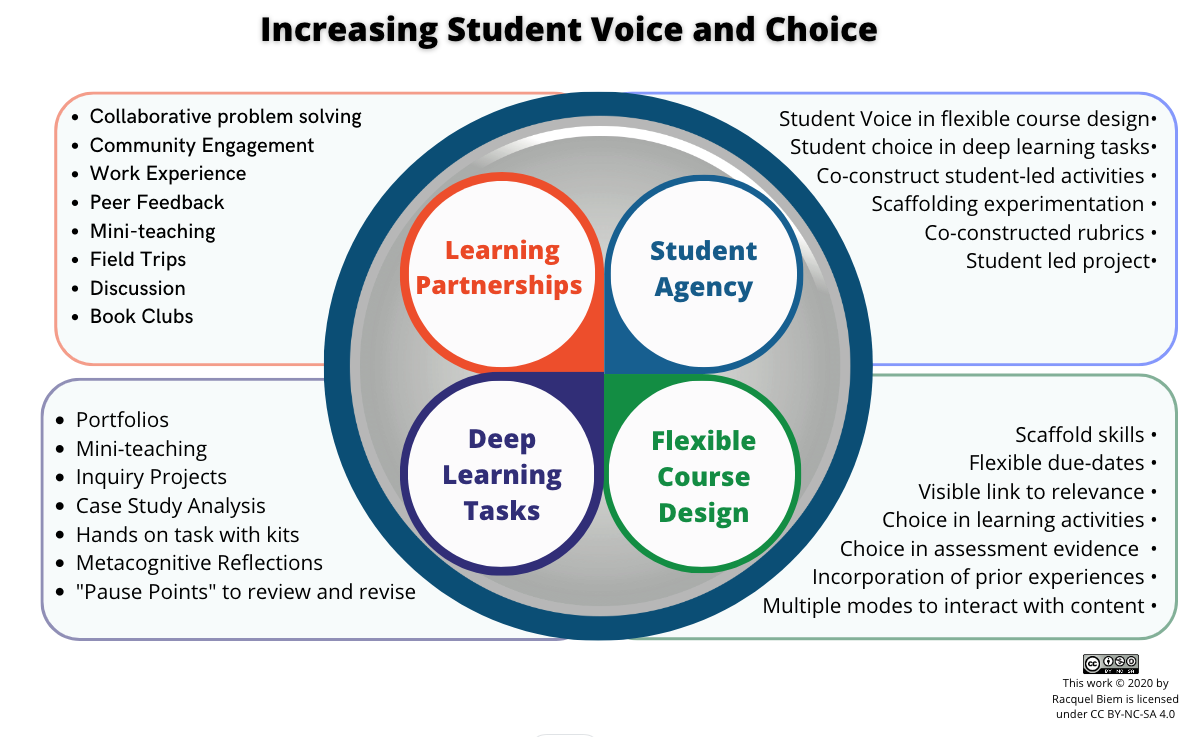Where Are You From?
Academically speaking, when you first meet a professional on campus, you state your name, job title and credentials accordingly. However, for First Nations people, and I speak for myself as a Woodland Cree, Treaty Six Territory, from the Lac La Ronge Indian Band, La Ronge, Saskatchewan, I have been raised to ask the question, “Where are you from?” when being introduced to new people. This is to find out if you have relations to the individual and their family.
Also, I used this technique in a presentation that I did for the GSR 989 Philosophy and Practice of University Teaching. According to Kim West, Educational Development Specialist and Instructor for the GSR 989 course, she stated,
“I think what really resonated with me is that Colleen’s icebreaker caused me and my students to question our cultural assumptions as academics. It named what we valued as academics (degrees and education) while gently reminding us there is more to who we are than just the knowledge we hold. I believe that teaching is about creating moments in the classroom when students and instructors can safely and genuinely share who they are. By shifting the dynamic from “education to relation” (Bingham & Sidorkin, 2004), Colleen’s icebreaker helped me as the instructor and for my students to reveal more about who we all are. Her approach reminded me of the importance of relational pedagogy in the classroom and why it matters.”
There was a College of Kinesiology Retreat in December 2013 that offered a combination of the Indigenous Voices workshops. Dean Carol Rodgers stated,
“I found this to be an insightful learning for me, as it immediately made me reflect on how our more academically structured form of introducing ourselves tells so little about WHO we really are and how we could learn so much more about what has shaped a person by learning about where they are from, who the important people have been in their lives and the journey they have taken to get to this time of introduction today. Moreover, this is such an easily incorporated icebreaker activity that also provides an opportunity to highlight cultural differences that in an immediate and hopefully reflective way enables all of us to learn from and with each other.”
As my new role as an Indigenous Voices Program Coordinator at the Gwenna Moss Centre for Teaching Effectiveness, I have gotten into the habit of introducing myself, saying where I am from and my job title last.
 Colleen Charles, MEd
Colleen Charles, MEd
Indigenous Voices Program Coordinator
Lac La Ronge Indian Band, Treaty 6 Territory
Bingham, C.W., and Sidorkin, A.M. (eds). 2004. No education without relation. New York: Peter Lang Publishing, Inc.

